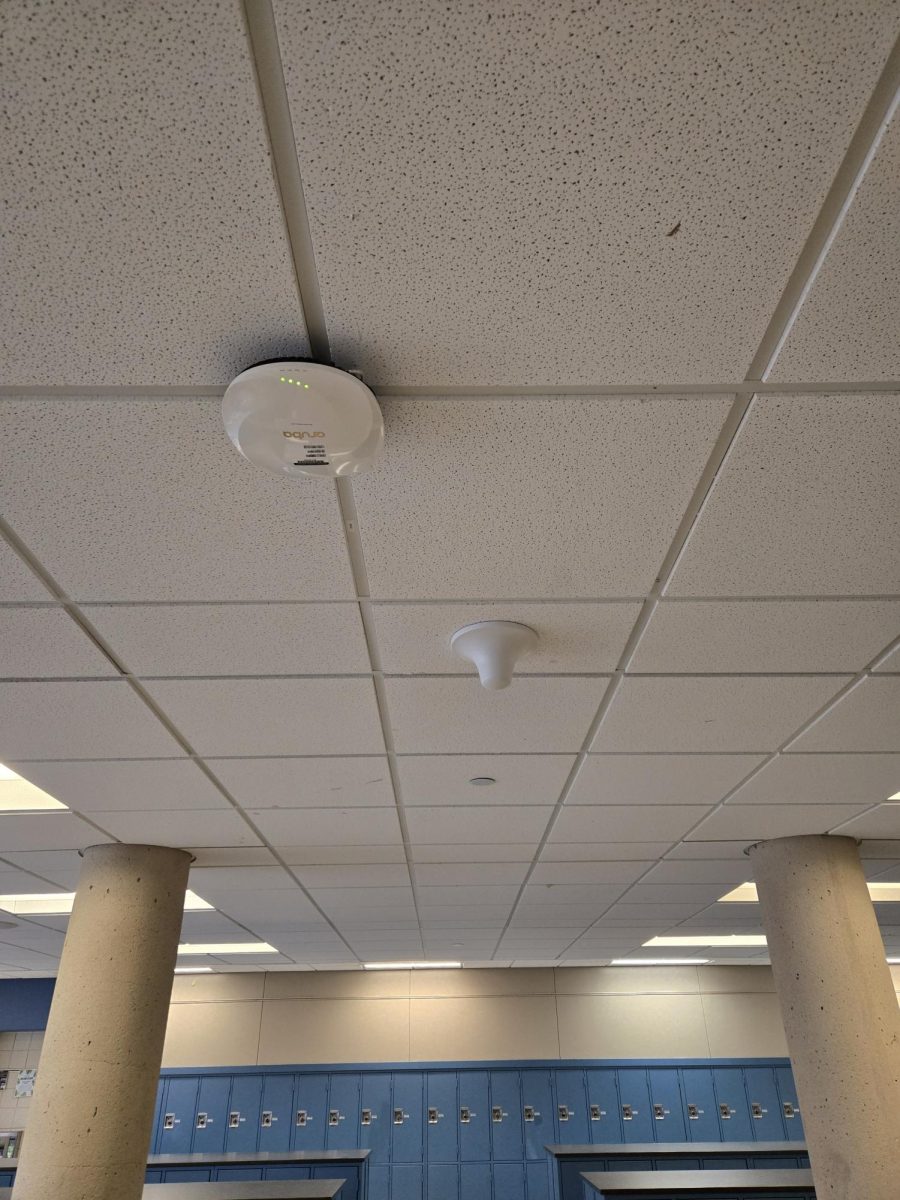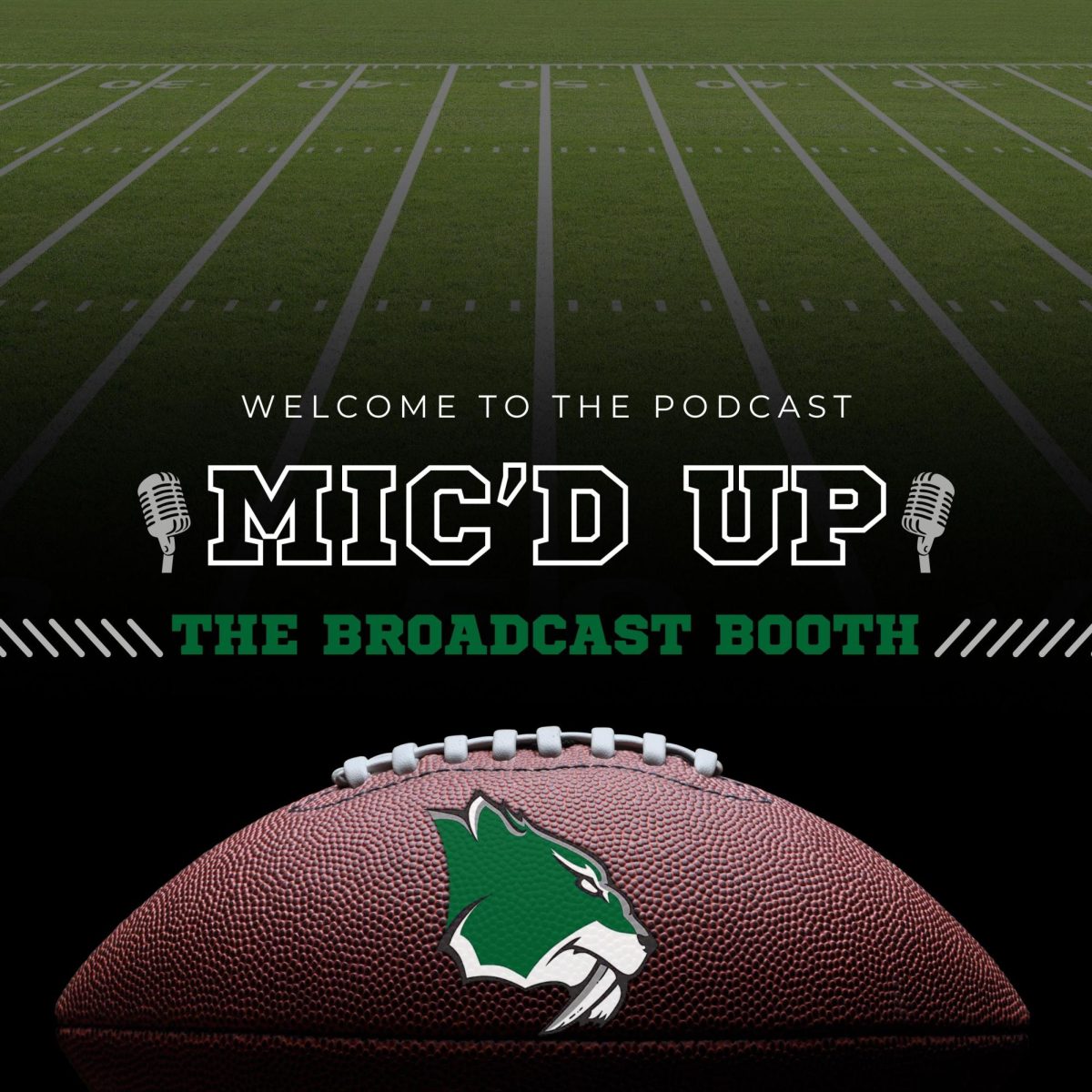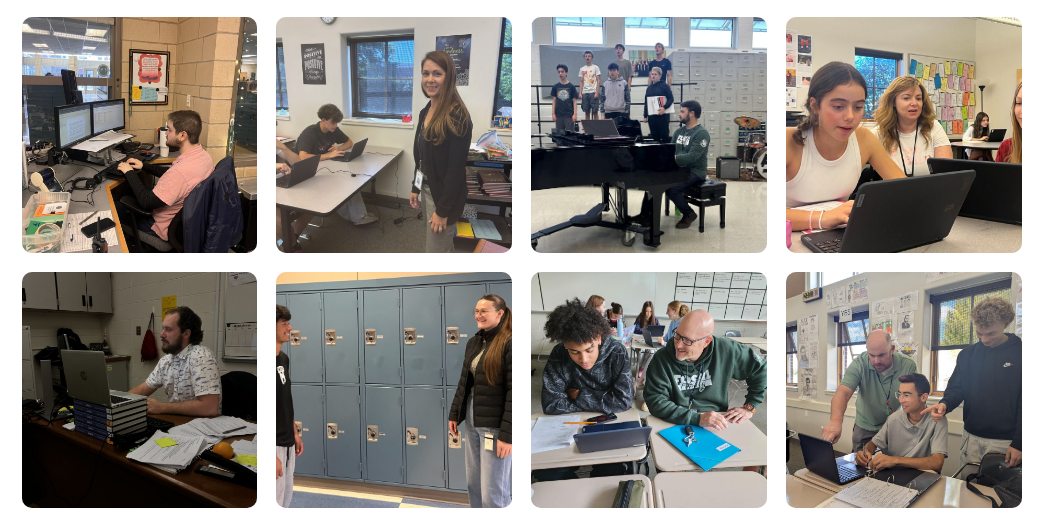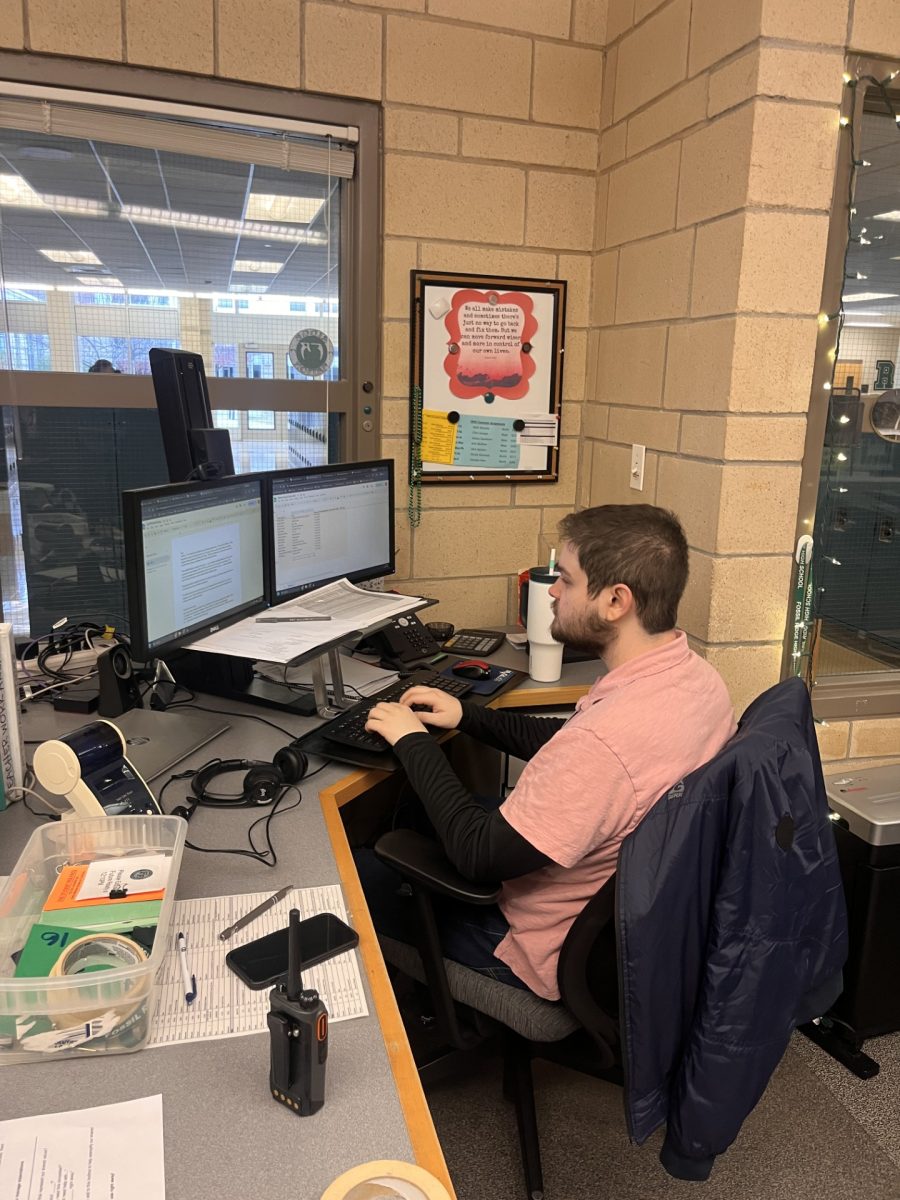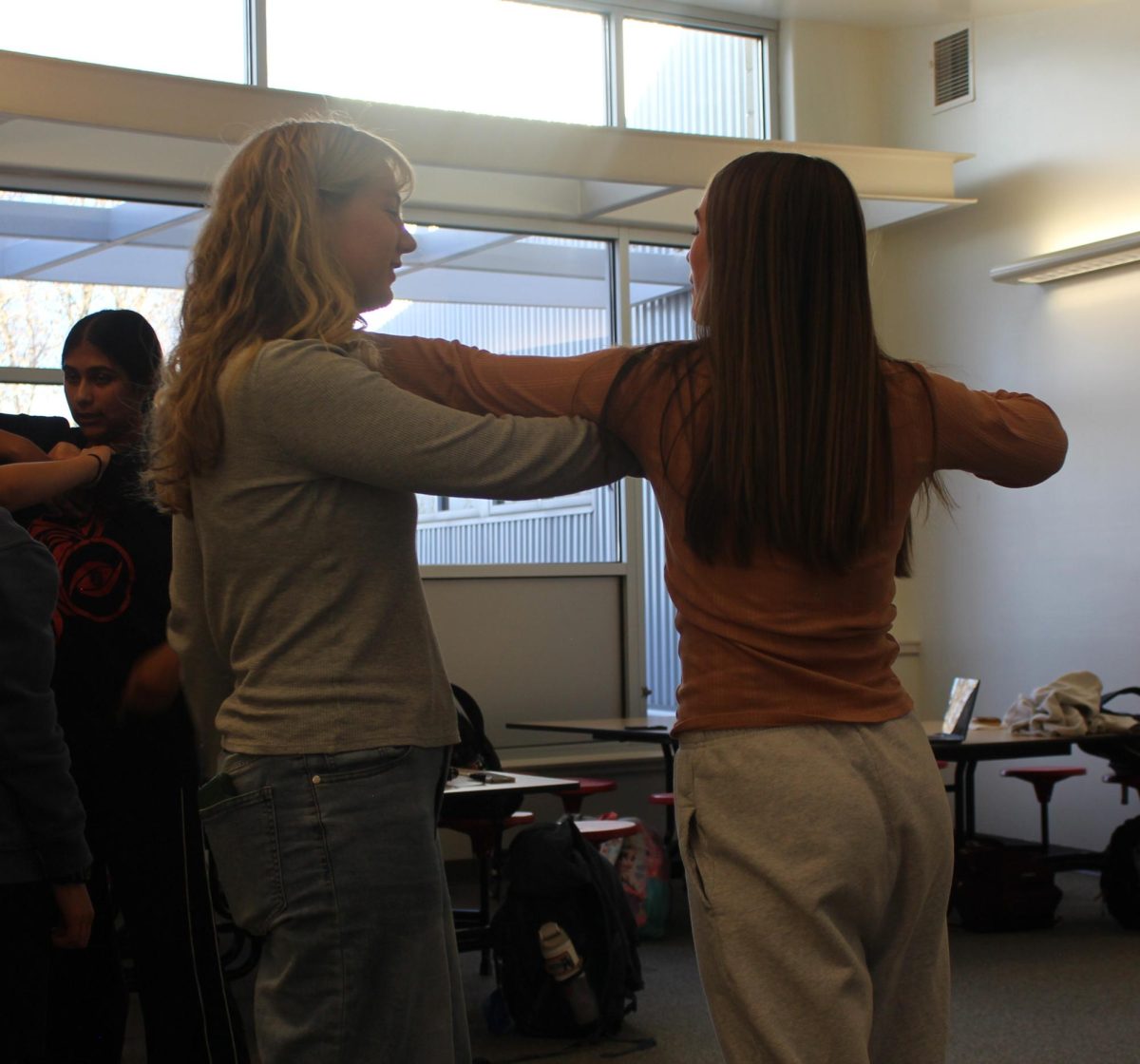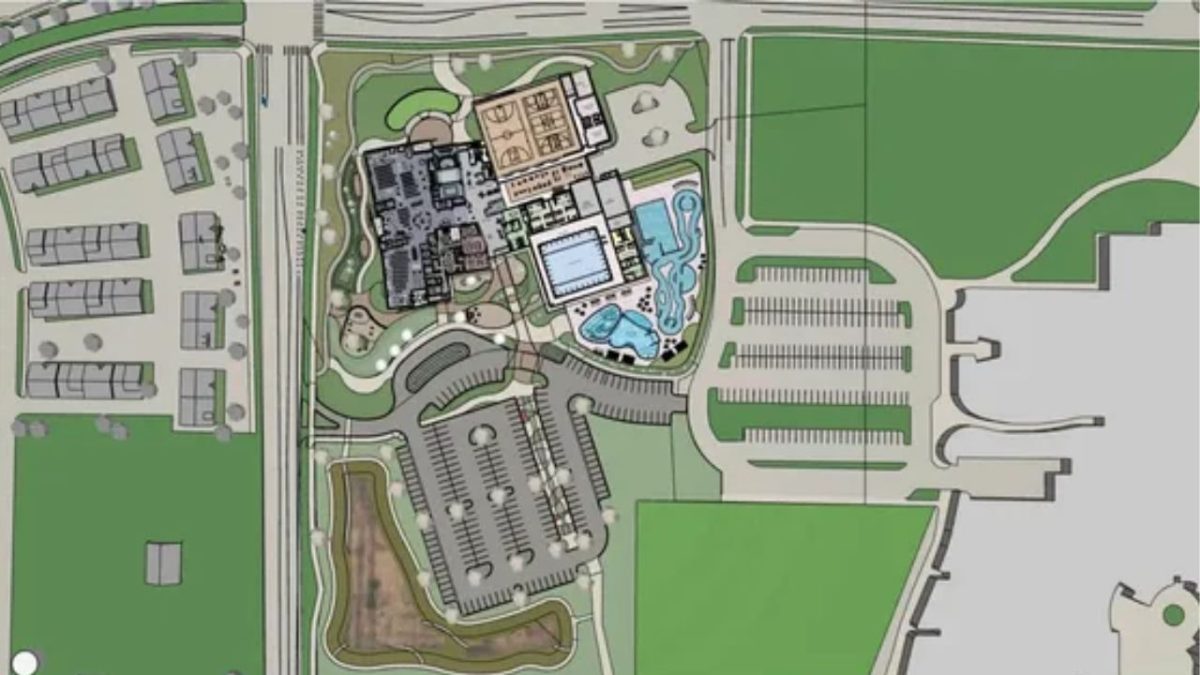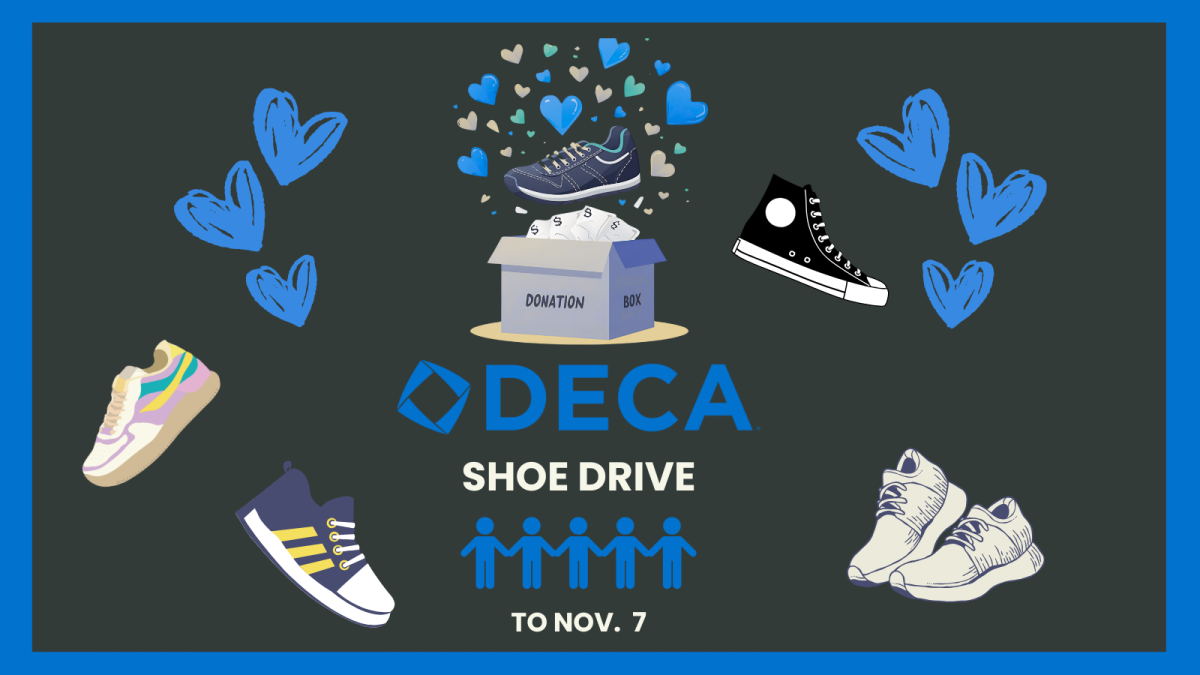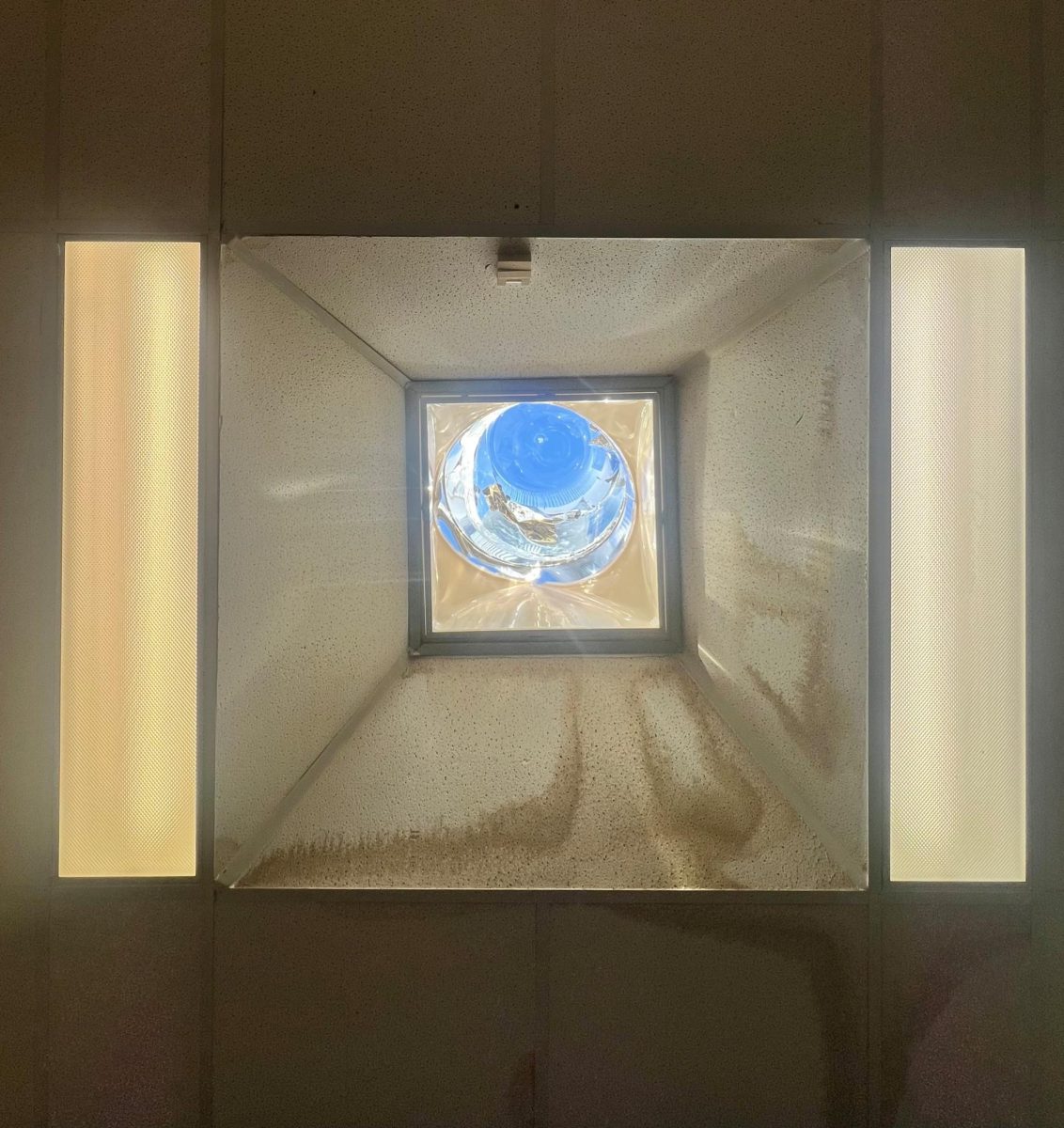Fossil Ridge High School students and staff have always talked about how inconsistent the cell phone reception is in the school building. Rumors about a “cell phone reception blocker” have always circulated the school, but recent research says that the cause is something different.
Senior Dane Marks said he has heard about the blocker rumors through teachers and still believes in it.
“A teacher told me about it, so I just believed it,” Marks said.
Senior Cory Leventhal also shared a common belief among students.
“I don’t get reception in the building, so it’s hard not to believe the rumor,” he said. “But I don’t think the school would do something like that.”
Technology Support Manager Mike Nichols explained that cell phone use in crowded places, interference from microwaves and the school’s Wi-Fi, along with cellular and radio traffic from first responders, all compete for the same airwaves.
“There’s nothing intentionally blocking cell phones,” Nichols said. “Several factors can slow down or disrupt signal strength, but no consistent blocking device is in place.”
Nichols said the building’s cinder blocks make it so signal strength varies depending on where students are.
“In the heart of the building, the signal just can’t penetrate well,” he said.
Nichols also said students and staff using personal hotspots on phones can contribute to poor reception. Although, the use of personal hotspots has decreased because of the new cell phone ban.
Students have pointed out objects on the ceiling and in the halls and have said they could be the reason for slow or no reception. Campus Security Officer Glen Dilldine said the white cone-shaped devices are boosters for the radios that staff members use.
A Google search showed about 25 cell phone towers and 146 antennas within a three mile radius of Fossil. Most of these belong to big providers like Verizon, AT&T, and T-Mobile, which should equate to good reception coverage in the school.
Regardless of the rumors, it’s important to know that actually using or buying cell phone reception blockers is illegal in the United States with no exceptions. The Federal Communications Commission enforces these rules and will issue fines or take legal action if anyone is found using, buying or selling them.
Nichols said the Media Center is there to help students with reception if they need it.
“There’s a couple little settings we can tweak on a phone just to make sure that it’s set up in the kind of the most ideal way that we’ve discovered,” he said. “You can always come see us. We’ll do our best to help you out.”



